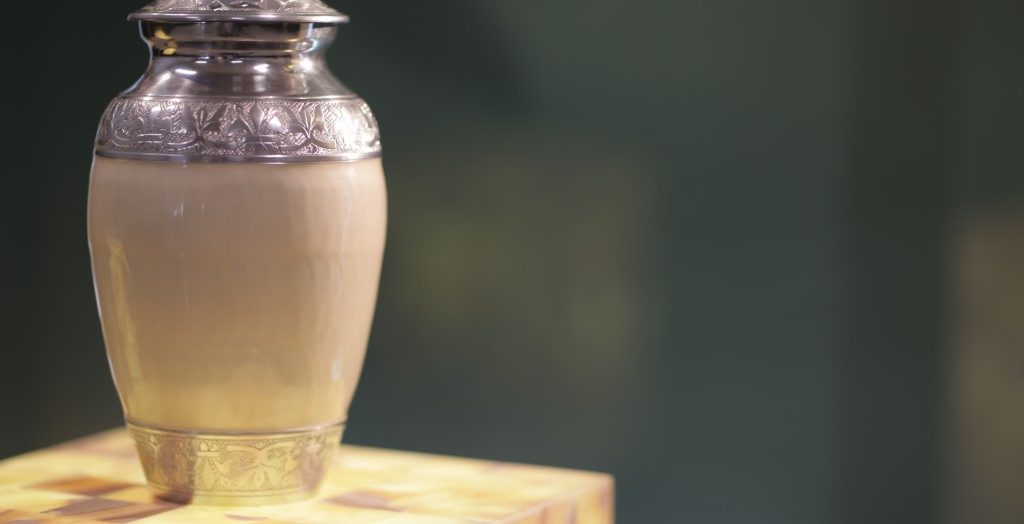A green funeral is the eco-friendly alternative to the traditional funeral, which helps lessen the damaging effects of global warming and the destruction of natural habitats. Unlike a traditional funeral, a green or natural burial creates minimal environmental impact by limiting waste and carbon emission and forgoing the use of harmful chemicals like embalming fluids.
Eco-funeral services are held in natural burial grounds or green cemeteries, requiring the dead to be kept in or covered by natural, plant-derived and biodegradable materials. Instead of being marked by a headstone, the final resting place will be identified by a tree or plant.
Green funerals are growing in popularity especially for families who are looking for environmentally friendly ways to bury their loved ones. Here are some green funeral options for the eco-conscious.
Biodegradable Coffins, Urns and Shrouds
The idea of a natural burial is to let the body decompose the natural way by using fewer resources that produce pollution and harm the environment. Green cemeteries require the use of eco-friendly coffins, caskets or urns made from materials like bamboo, wicker, willow, pine or biodegradable cardboard. The use of these materials reduces the need for timber, which is typically sourced from rainforest trees.
Biodegradable urns are made from materials such as recycled paper, sand, rock salt or bamboo. These urns are made to be buried or for scattering the ashes of the deceased in water or sand. If chosen to be buried, the biodegradable urn comes with a seed for planting, which will eventually grow into a memorial tree or plant. Water urns decompose quickly while earth urns may take longer to degrade, depending on the soil’s moisture level.

Wrapping the body in a shroud made from cotton, wool or banana leaf is another green alternative. Green shrouds may be used alone, decorated with flowers and mementos or with a biodegradable coffin.
Resomation
Resomation is a flame-free alternative to cremation. This process combines alkaline-based solution and water to facilitate the natural decomposition of the body, which is placed in a biodegradable container or shroud. Resomation takes three to four hours, which is longer than flame cremation. The body is still broken to bones and then reduced to ashes, but in a gentler way. Resomation in the UK is yet to gain mainstream awareness, with Scotland as the only country which has amended its legislation to regulate alternative methods of dispositions such as resomation. However, other areas such England and Wales are continuously studying other methods of body disposal, which provides an opportunity for resomation to be brought in.
Memorial Reefs
People who love the ocean may wish to be buried at sea or have their ashes scattered in the water. Memorial reefs are underwater burial grounds designed to sustain aquatic life. The deceased ashes are placed inside a container made of concrete or stone so it will sink at the bottom of the sea. The container is designed with holes, allowing marine life to make it its home.
Preparing for end-of-life care may be an uncomfortable subject matter, but it is an inevitable occurrence. For those who would like to minimise their carbon footprint, the above alternatives to the traditional burial methods may be a sustainable and, simultaneously, a meaningful option.






